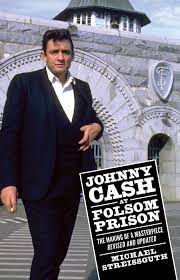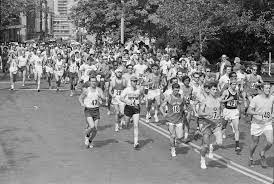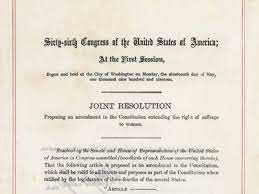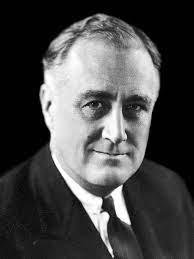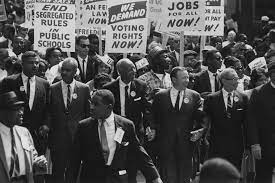On January 13, 1968, the legendary country music icon Johnny Cash made history with his iconic performance at Folsom State Prison in California. This momentous event not only solidified Cash's reputation as a rebel in the world of country music but also marked a significant turning point in his career.
Folsom Prison held a unique place in Johnny Cash's heart. The idea of performing in a prison had been lingering in his mind for quite some time, driven by his empathy for the incarcerated and his own tumultuous past. Cash had battled personal demons, including struggles with addiction, and had spent a night in jail himself. This connection to the darker side of life added an authentic depth to his performances, making him relatable to a diverse audience.
The Folsom Prison performance was recorded for a live album, "Johnny Cash at Folsom Prison," which would go on to become one of his most celebrated works. The album captured the raw energy and emotional intensity of the live show, showcasing Cash's ability to connect with the inmates and the listeners beyond the prison walls. The album was released later that year, and its success contributed significantly to Cash's resurgence in the music industry.
As Cash took the stage that chilly January morning, the atmosphere was charged with anticipation. The setlist was carefully curated, featuring songs that resonated with the incarcerated audience. The opening track, "Folsom Prison Blues," set the tone for what would become an electrifying performance. The lyrics, with lines like "I shot a man in Reno just to watch him die," resonated with the inmates, creating a connection between Cash and his captive audience.
One of the defining moments of the Folsom Prison concert was Cash's rendition of "San Quentin," another song that spoke directly to the experiences of the incarcerated. The authenticity of his performance, combined with the rebellious spirit inherent in his music, made him a hero in the eyes of the inmates. The cheers and applause from the captive audience echoed through the prison walls, creating an unforgettable sonic backdrop for the live recording.
Johnny Cash's Folsom Prison performance not only solidified his image as the "Man in Black" but also became a cultural touchstone. The live recording captured the essence of Cash's outlaw persona and showcased his ability to connect with people from all walks of life. The album's success not only revitalized Cash's career but also left an indelible mark on the landscape of country music.
In retrospect, January 13, 1968, stands as a pivotal moment in Johnny Cash's career. His Folsom Prison performance remains a testament to the power of music to transcend boundaries and connect with the human experience, even in the most challenging of circumstances. The live album continues to be celebrated as a masterpiece, a timeless representation of Cash's enduring legacy as an iconic figure in the world of American music.
